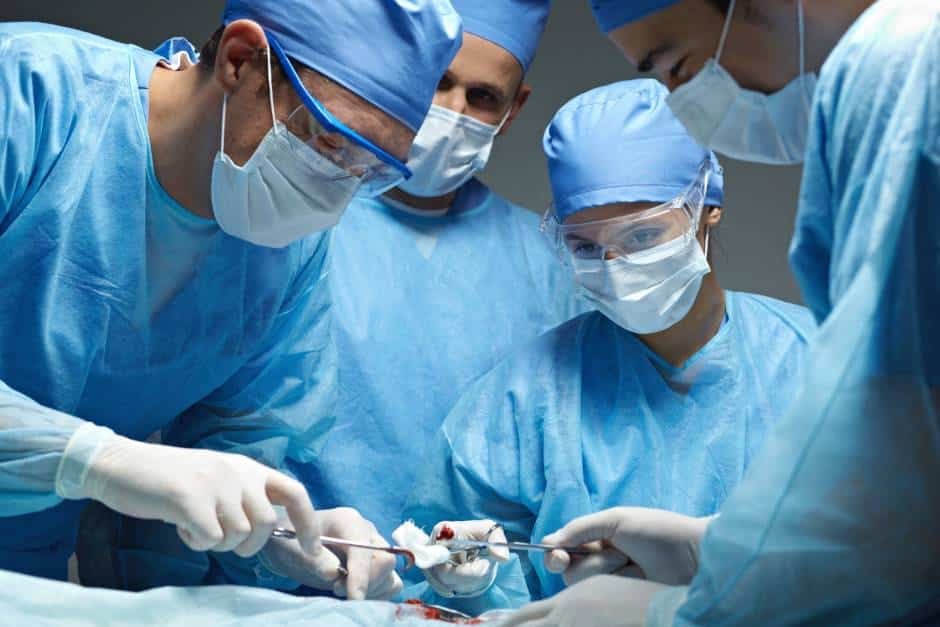The kidney is a bean-structured limb and it is located in the human body’s renal organization. It is in charge of various vital activities in the human body. Filtration of blood, maintaining body fluid levels, and, most crucially, the transportation of urine or waste from the body are all basic activities of the kidney.
So, if you want to keep your renal system and, ultimately, your body healthy, your kidney must be in good shape. In any case, if your kidneys fail, your body will demand immediate medical attention. Dialysis and kidney transplantation are the two most common treatments for renal failure.
What is Kidney Transplantation?
Kidney transplant surgery is a medical procedure in which a new, healthy kidney from a donor is implanted into the patients body to perform the functions of kidney that patient’s existing kidney is unable to perform.
People with renal failure prefer kidney transplantation over dialysis because it provides more independence and a higher quality of life. After a successful kidney transplant, you can begin again your daily routine.
Step-by-step guidelines for Kidney Transplant:
1. Consult a doctor about your options:
Your kidney doctor can assist you make a decision if a kidney transplant surgery is the most viable option for you. They will go over the benefits and hazards with you and other alternatives.
A kidney transplant is a main choice, and each patient’s circumstances are dissimilar. It is not always trouble-free to find a contributor. You will need to obtain daily medications as long as your kidney transplant is operational, and there is a possibility it will fail.
However, if it does not function, the most effective treatment would be kidney transplant surgery.
2. Choose the accurate kidney equivalent:
There are two categories of kidney donors:
- Living donor: someone who decides to give one of their kidneys and undergoes surgery to remove it.
- Deceased donor: Permitted the donation of suitable organs after their death.
Note: Blood type, tissue, and cross-matching are the three tests that are done
- Blood type matching: This service compares your blood type to the blood type of a possible donor.
- Tissue matching: Determines and identifies the presence of antigens in the blood and tissue proteins of the patient and potential donor.
- Cross-matching: It is a method in which a small quantity of the patient’s and probable donor’s cells are varied.
3. Pre-Transplant Checkup:
The patient will be invited to visit to the kidney replacement centre in order to review the initial condition of their kidney.
The patient will undergo testing to ensure that the surgery can proceed, and you may require dialysis. Your surgeon will describe the procedure and discuss the risks and advantages.
4. Maintaining good health:
When you are effort to stay healthier whether you are to come for a donated kidney or your transplant procedure is previously in progress. Being as fit and energetic as possible can boost your probability of being prepared for transplant surgery when the time comes. It may also assist you restore to health more quickly after surgery.
- Take your meds accurately as directed.
- Attach to your diet and exercises plans.
- Please don’t smoke. Speak with your doctor if you need assistance stopping.
- Keep an in good physical shape lifestyle by soothing and spending time with family and friends.
Read More: https://itsreadtime.com/eros-fitness/
5. Having a kidney transplant procedure:
Many approaches for kidney transplant surgery have been created over the time. Surgeons nowadays try to make a small incision as possible thanks to surgical tools and technological advances. Your transplant surgeon will go over the process with you, explain their approach, and answer any questions you may have.
Your surgeon may choose to remove or leave the damaged kidney, depending on your situation. The patient will continue to stay in the hospital until the surgeon is feels that the replaced kidney is operational healthy and the patient is healthy enough to go home. After a few days in the hospital, your source of revenue donor can be detached.
Post Kidney Transplant Care
Your transplant specialist and nephrologists will require numerous follow-up visits and testing for the first several months after the kidney transplant surgery in India. They want to check sure your replacement kidney is in good working order. In addition, your doctors will search for indicators of problems such as:
- Infection
- Bleeding
- Kidney stenosis is a narrowing of the artery.
- Clots in the street or vein: Clots in the road or vein can cut off blood flow and induce renal failure.
- Rejection of the kidneys
- Gaining weight
- Blood pressure that is too high
- Immunosuppressive medications may make you more susceptible to diseases, including cancer.
Taking care of your new kidney:
It is vital to maintain healthy behaviours after receiving a new kidney for your new kidney to work correctly and provide you with years of service. So, you need to take needed drugs as a part of the transplant aftercare. Your doctor will stipulate immunosuppressants, and you will need to take them for as long as you have your substitute kidney.
Any pre-existing health circumstances you had earlier than the transplant will require to be maintained, mainly disorders like diabetes or high blood pressure that led to your innovative kidney impairment. You can boost your probability of a flourishing kidney transplant by staying healthy and following your doctor’s recommendation.
Final thoughts
Every day, an increasing number of medical tourists visit India for various transplant procedures. One of the most common procedures is kidney transplantation. Anything that is the best in terms of service will inevitably grab attention. So, if you are thinking about going to India for kidney transplantation, don’t think twice. All you get out of it is a good treatment and a carefree.

Telephone No.+918929448116


